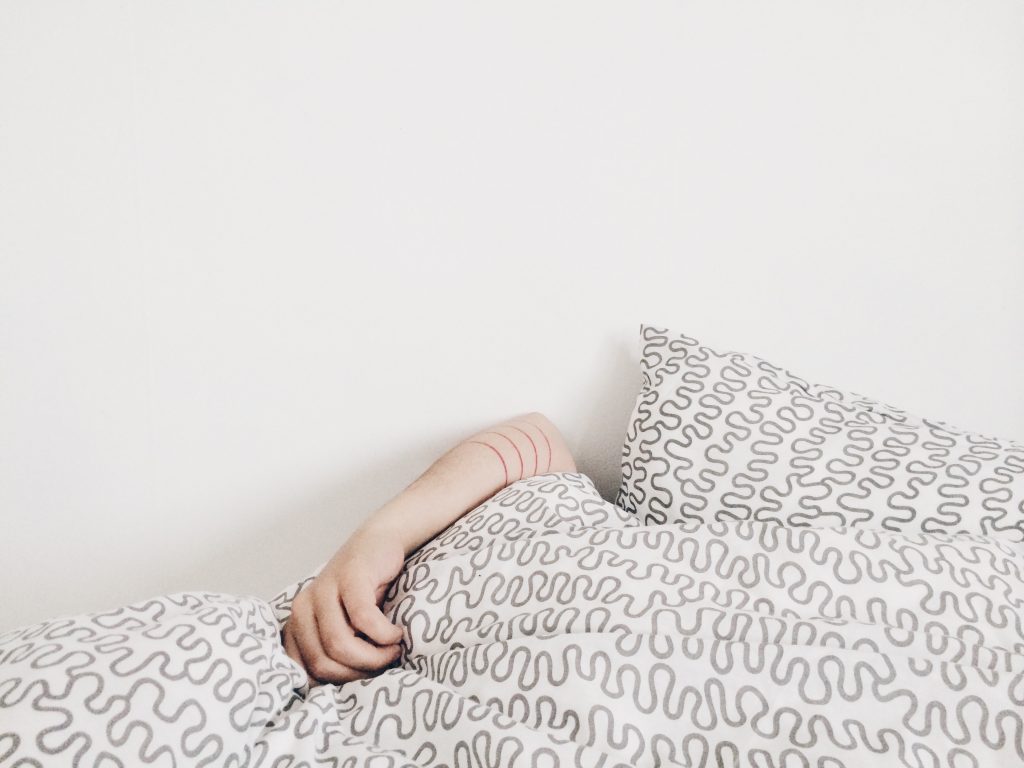Are you spending more time trying to fall asleep and spending a few hours in the sleep itself? This can be a nerve-wracking experience as you struggle every night to finally get that snooze. If you’ve frequently been tossing and turning around in bed at night trying to ignite slumber, there are a few things that you might or might not have tried. While most people run for sleeping pills on those frustrating nights, it’s sad to notice that most of these pills are often addictive and with time, falling asleep without them becomes a dream in the wake.
Now, one of the first and most important things to consider if you want to get rid of the problem completely is to evaluate the root cause of the problem. This, in other words, means figuring out what could be hindering your sleep. If you find out what’s hindering your sleep, you can even fall asleep on and dream on demand, a phenomenon known as lucid dreaming. As per the folks at https://nightnod.com/how-to-lucid-dream, lucid dreaming can be applied in solving real-life problems. For instance, lucid dreamers can use controlled dreaming to face their worst fears and anxieties in real-life. It is also believed to help boost creativity, treat nightmares, help with PTSD, and even cures sleep disturbances alongside issues such as insomnia. But what can hinder you from falling asleep in the first place?

Here are 7 common factors that cause trouble falling and staying asleep.
1. Unfriendly Bedroom
Sleep can be very sensitive to any kind of disturbance, be it from the outside or from within your own body. Getting engaged with electronics like TV, phones, and gaming gadgets can make it hard for one to fall and stay asleep. The lack of a comfortable bed, mattress, and pillows can also stand in the way. For the best sleep experience, your bedroom should be ideally dark, quiet, and neat to create a conducive environment for a good nod.
2. Stress
Too much stress related to either work or family issues can cause you to wallow in your bed sheets, all night long with grief, worry, and anger, which ends up having a negative bearing on your sleep. This, in return, forces you to spend long hours in bed awake, and when you manage to sleep; you wake up feeling even sleepier and more tired. Too much worry will always interfere with your ability to relax and switch off. If stress is affecting your sleep at night, it pays to consult a counselor, psychiatrist, or doctor, who will identify the most appropriate solution to your problem.

3. Temperature
You toss and turn, kick your bed covers off as you sweat, and then pull them back again once you start to feel as if you’re freezing. This can easily mess up your sleep pattern as you hardly get enough sleep. Too much heat and too much cold in a room will always hijack your trip to that relaxing nod. If you want to create an optimal sleep environment, always ensure you create a cool, dark, and quiet atmosphere. Your body naturally cools itself when you’re trying to sleep. Therefore, it’s best to keep the temperatures in your sleeping room cooler than warmer, which will help you fall to sleep easily, avoiding restlessness.
4. Extreme Light
Whether the light is coming from your bedside lamps, the window, or the electronic gadgets in your bedroom, light exposure at bedtime impairs your quality of sleep tremendously. For some people, even a glow of light from the phone is enough to keep the brain alert, deterring them from sleep. Ensure you turn off all the electronics a few hours before bedtime. Avoid sleeping with your cell phone next to your pillow to avoid distractions. You can also opt for a sleeping mask that blocks light as you close your eyes.
5. Over-Napping
Almost everyone loves that occasional catnap during the day, whether in the office or even at home. But the problem comes in when you get used to sleeping for more than one hour. It ends up destabilizing your sleeping pattern and cuts on your sleeping time at night. Therefore, it’s best to try as much as possible to cut off on the long naps during the day as this may be disrupting your internal rhythm of sleep at night.
6. Lacking A Bedtime Routine
Just as you plan your exact time for dinner, it’s equally important to have a set time for sleep. Nonetheless, many people experience sleep problems just because they don’t have a consistent sleep routine. Unbeknownst to many, however, it’s all about training the brain. For instance, you can develop a habit of reading a book or taking a bath before taking your nap time. A warm bath can help the body to relax, promoting drowsiness. With this kind of routine activity, it will always signal your body that it’s time to sleep.
7. Bad Practices Before Bedtime
That cup of coffee or beverage with high concentrates of caffeine will end up keeping you awake, eyes to the ceiling. Overfeeding before bed can also cause digestive issues and lots of beverages may increase your trips to the bathroom. Too much exercise close to bedtime can also increase your body’s adrenaline levels, which can disrupt your sleep.
Sleep problems can be overly frustrating. They can affect your quality of life in a myriad of ways. Knowing the above few factors that hinder good sleep, you can prevent them and ensure you get a good night’s sleep at least 7 hours each day.
I’m a 20-something stay-at-home mother and wife. I have an amazing husband, a beautiful daughter, two loving dogs, and a lazy cat. I wouldn’t change my life for anything! I love to read, listen to music, cook and blog!

Speak Your Mind